Singapore
77% of bankers think fraud are the biggest barriers in mobile banking
77% of bankers think fraud are the biggest barriers in mobile banking
Fundtech Ltd., a market leader in global banking solutions, announced the results of a survey on mobile corporate banking.
Bain & Company Partner Seow-Chien Chew named World Economic Forum Young Global Leader
Seow-Chien Chew is recognized for her contribution in helping solve the talent management challenges facing many non-profit organizations across Southeast Asia and Singapore.
Buy-side firms promote local matching on SWIFT
Schroders and Legal & General Investment Management are actively involved with a number of brokers in developing a local confirmation-affirmation allocation capability over SWIFT
The Asian Banking and Finance Retail Banking Awards 2011 now open for nominations
Name your best banking and finance institutions in The Asian Banking and Finance Retail Banking Awards 2011.
Transaction Banking: The year that was & the year that is going to be
What a year 2010 has been, and for very different reasons for different parts of the global landscape.
2011: Rabbits and financial instruments accounting
The Year of the Rabbit will be a year with quite a lot of attention on accounting standards, particularly financial instruments accounting.
UOB to hire 2,000 in Southeast Asia this year
UOB is planning to hire some 2,000 staff in Singapore and the region this year.
Bringing Asia’s Financial Services Industry to the Cloud
IT has suffered from an image problem across much of the financial services world.
HSBC launches renminbi deposit accounts in Singapore
HSBC said it has launched renminbi deposit accounts for its customers in Singapore, making it one of the banks offering such services in Singapore.
DBS profit up 28% to $2bn
The bank continues to push increase in presence in India and China to sustain growth.
DBS beats 4th quarter forecasts
DBS promised better returns after beating expectations with a 38 percent rise in quarterly profit.
DBS denies talks on Danamon purchase
DBS denies having talks with Temasek on buying its 68 percent stake in Indonesia's Bank Danamon .
DBS appoints senior private bankers for Indonesia team
The bank assigns Stanley Puah and Tan See Wee to increase Indonesian team by 25%.
UOB taps IndusInd Bank for rupee payments to India
United Overseas Bank Limited has partnered IndusInd Bank to offer an affordable and convenient way to remit money to India. The tie-up will enable corporate customers to send money from Singapore to over 60,000 branches of different banks across India. The solution will enable employers to send money to India on behalf of their non-resident Indian employees via UOB’s secure and efficient banking channel. This assures workers that their hard-earned wages are sent quickly and safely to their loved ones in India at an affordable standard flat fee regardless of which beneficiary bank it may be. This solution will also benefit companies who need to make high volume Rupee payments to India. Mr Linus Ng, UOB’s Head of Product & Implementation, Group Transaction Banking, said, “We believe UOB is the first bank to offer such a service in Singapore. As a premier regional bank, the Bank is at the forefront of product innovation in meeting market needs. We provide our customers pan-Asia solutions on an end-to-end basis to ensure faster turnaround time, lower cost/pricing and better management of transactions. It is with this in mind that UOB Direct Pay was developed.” He added, “We have invested in the technology to support this new solution which allows multiple remittance instructions to be sent in a single payment file to UOB. The solution will be rolled out in the region and will also be expanded to cover the other payment corridors, to potentially cater to the needs of the more than one million foreign workers in Singapore via their employers.” “Having established ourselves as a major player in remittances from the Middle East, we are now keen to reach out to non-resident Indians across other major markets. This arrangement with UOB will help us tap into India-bound flows from Singapore”, said Mr. Ramesh Ganesan EVP & Head Transaction Banking, IndusInd Bank, from Mumbai. Over the years, UOB Group Transaction Banking has established its leadership position in the market, winning accolades such as the coveted Asiamoney Best Local Cash Management and Best Local Currency Cash Management Services for the past three years.
The “defenses” to protecting your money
Businesses’ “three lines of defense” may not be strong enough to withstand the next lapse of controls.
Mind the gap: High-performance IT in financial services
In the financial services industry, the business agenda has firmly moved from survival and cost containment to growth, as firms look to rebuild their earnings models.
Deduction of cost incurred to acquire treasury share under an employee share scheme
Back in the 2005, the Singapore Companies Act was amended to allow companies to hold its own shares in treasury.


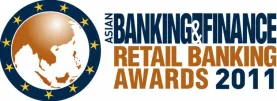
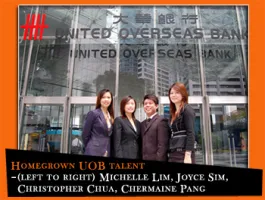

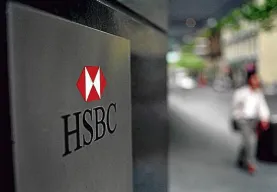
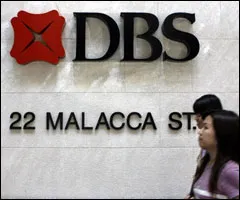



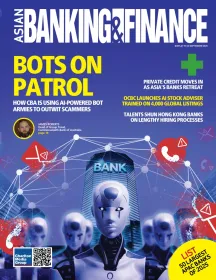
 Advertise
Advertise

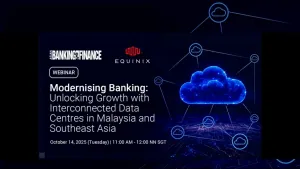


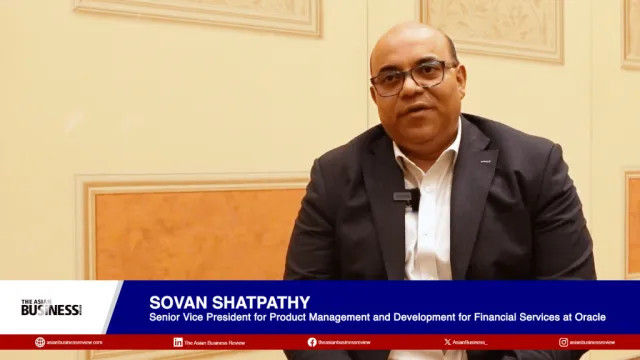
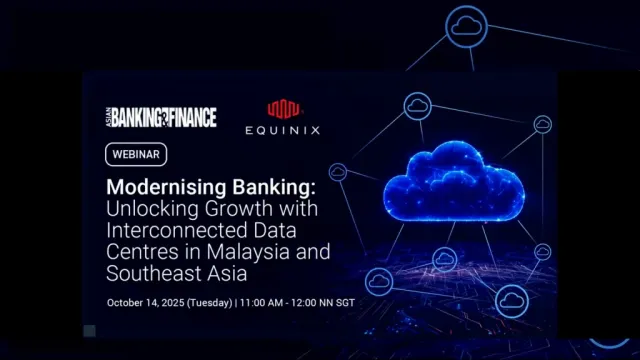










Commentary
Rethinking cybersecurity: How APAC banks can safeguard against AI-powered threats
Why Singapore’s fast payments need faster protections